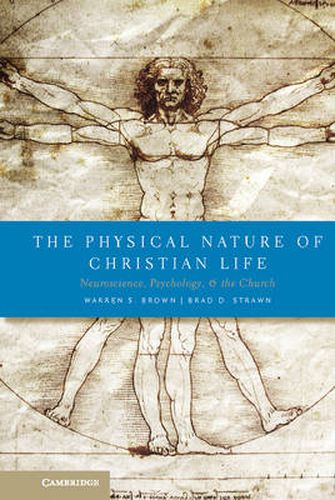Readings Newsletter
Become a Readings Member to make your shopping experience even easier.
Sign in or sign up for free!
You’re not far away from qualifying for FREE standard shipping within Australia
You’ve qualified for FREE standard shipping within Australia
The cart is loading…






This book explores the implications of recent insights in modern neuroscience for the church’s view of spiritual formation. Science suggests that functions of the brain and body in collaboration with social experience, rather than a disembodied soul, provide physical basis for the mental capacities, interpersonal relations, and religious experiences of human beings. The realization that human beings are wholly physical, but with unique mental, relational and spiritual capacities, challenges traditional views of Christian life as defined by the care of souls, a view that leads to inwardness and individuality. Psychology and neuroscience suggest the importance of developmental openness, attachment, imitation and stories as tools in spiritual formation. Accordingly, the idea that care of embodied persons should be fundamentally social and communal sets new priorities for encouraging spiritual growth and building congregations.
$9.00 standard shipping within Australia
FREE standard shipping within Australia for orders over $100.00
Express & International shipping calculated at checkout
This book explores the implications of recent insights in modern neuroscience for the church’s view of spiritual formation. Science suggests that functions of the brain and body in collaboration with social experience, rather than a disembodied soul, provide physical basis for the mental capacities, interpersonal relations, and religious experiences of human beings. The realization that human beings are wholly physical, but with unique mental, relational and spiritual capacities, challenges traditional views of Christian life as defined by the care of souls, a view that leads to inwardness and individuality. Psychology and neuroscience suggest the importance of developmental openness, attachment, imitation and stories as tools in spiritual formation. Accordingly, the idea that care of embodied persons should be fundamentally social and communal sets new priorities for encouraging spiritual growth and building congregations.